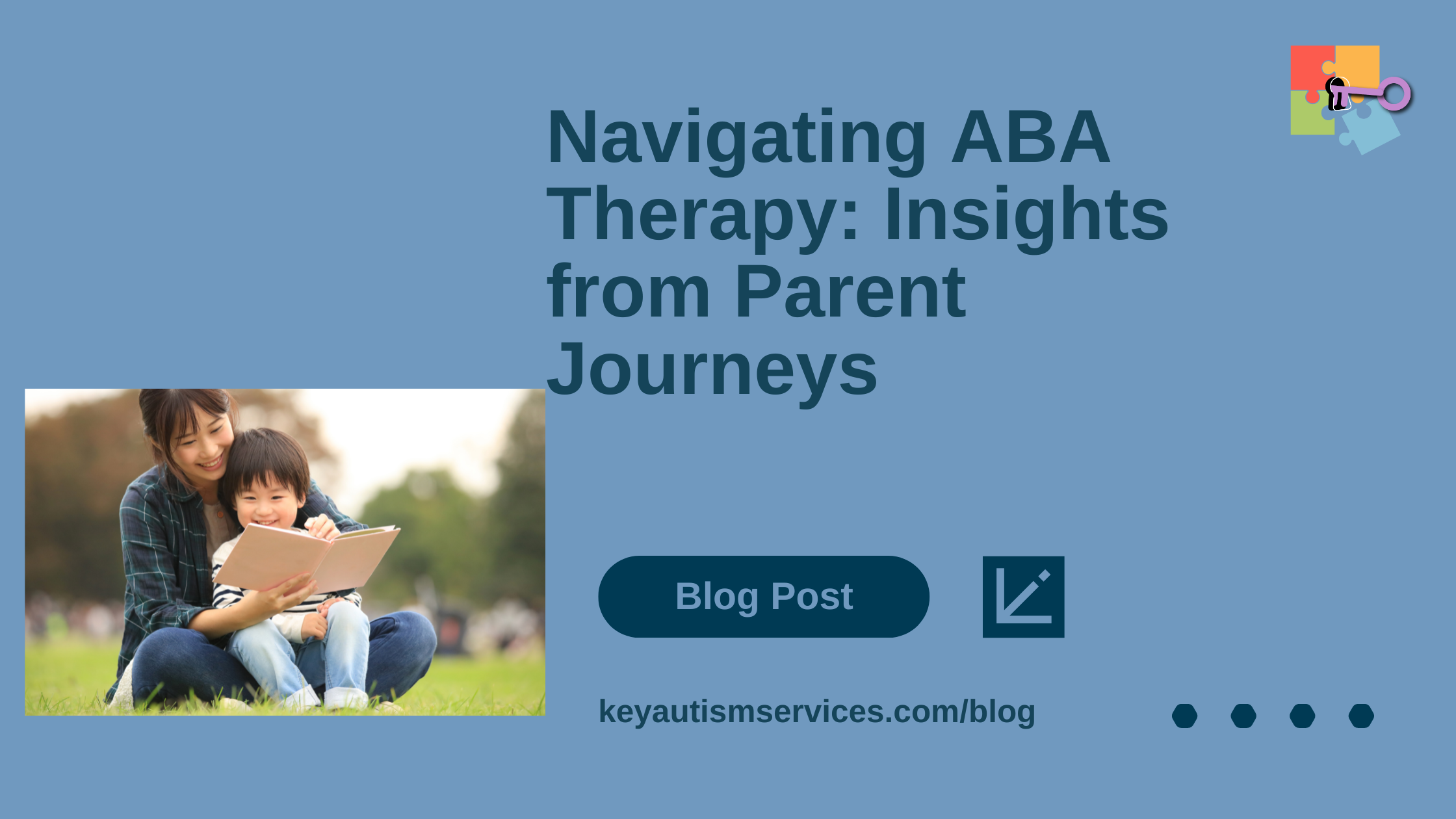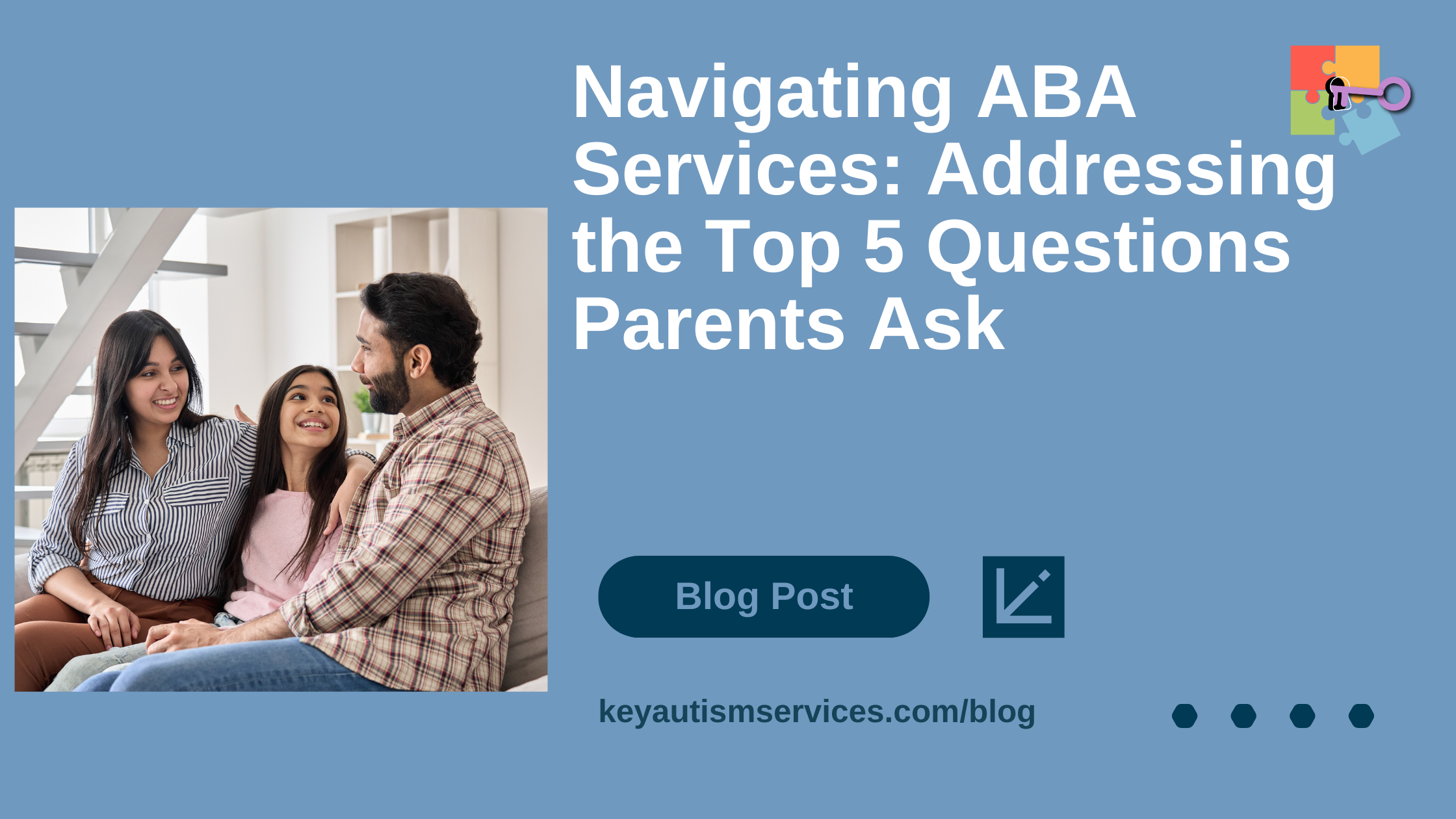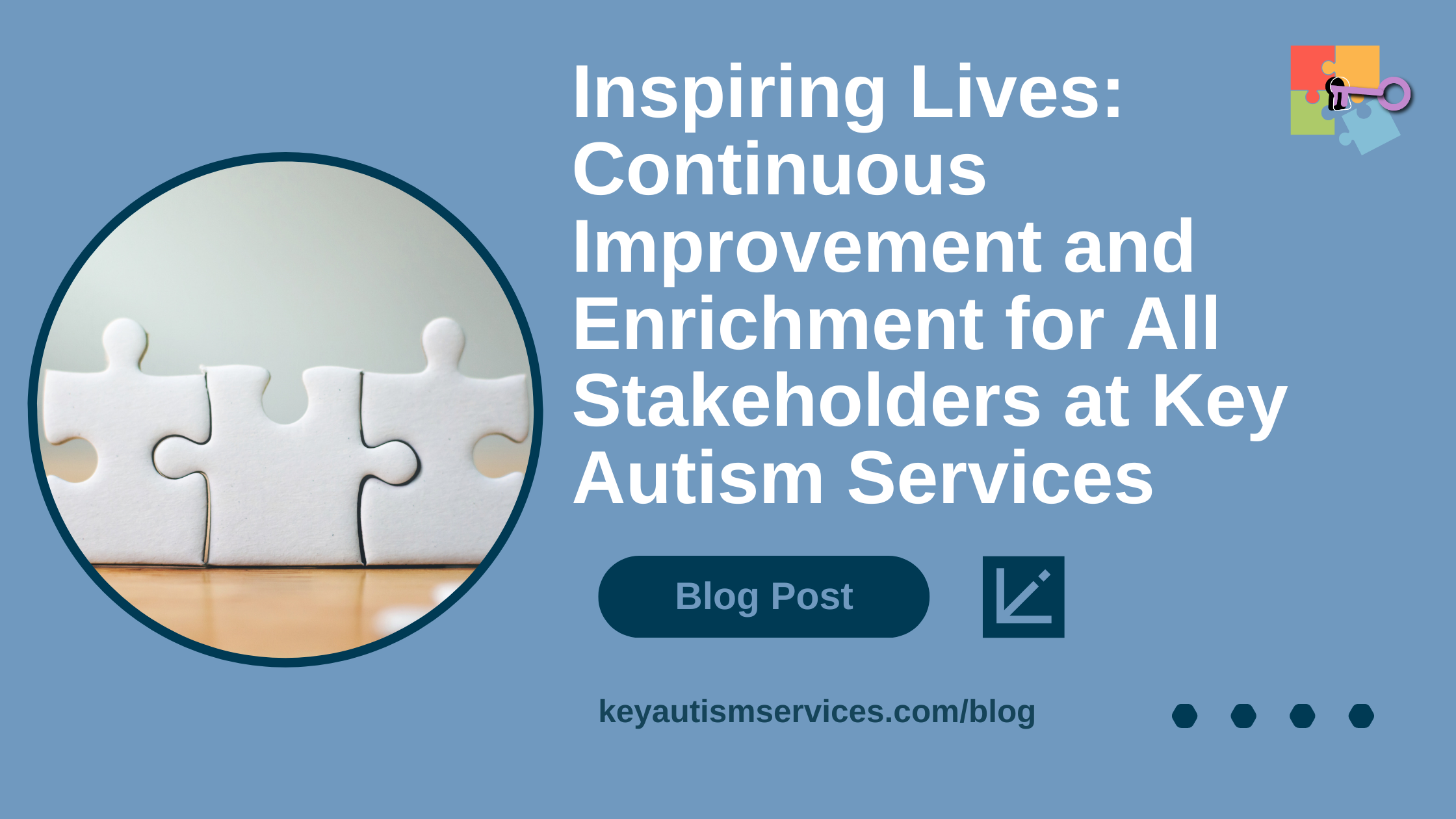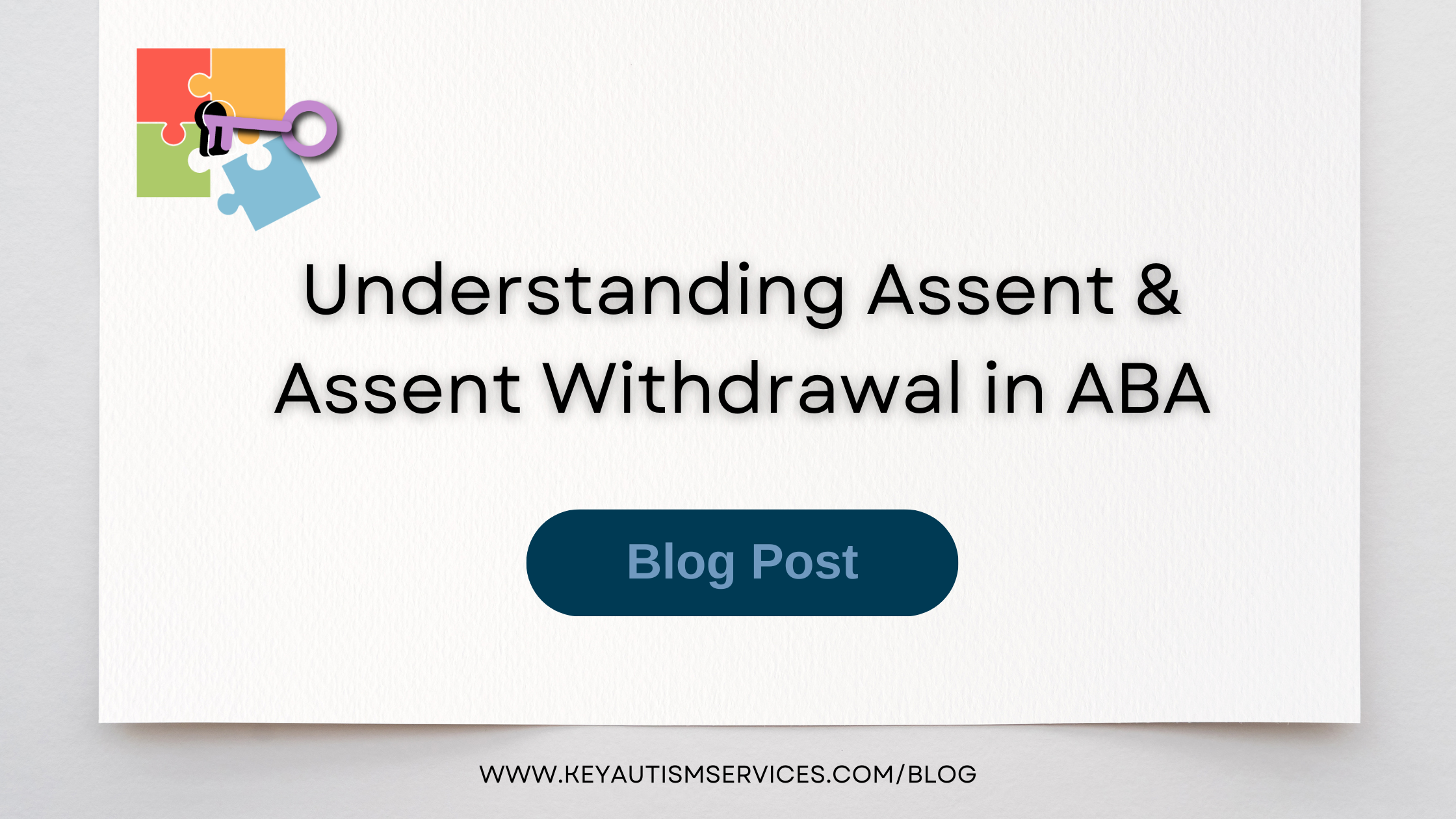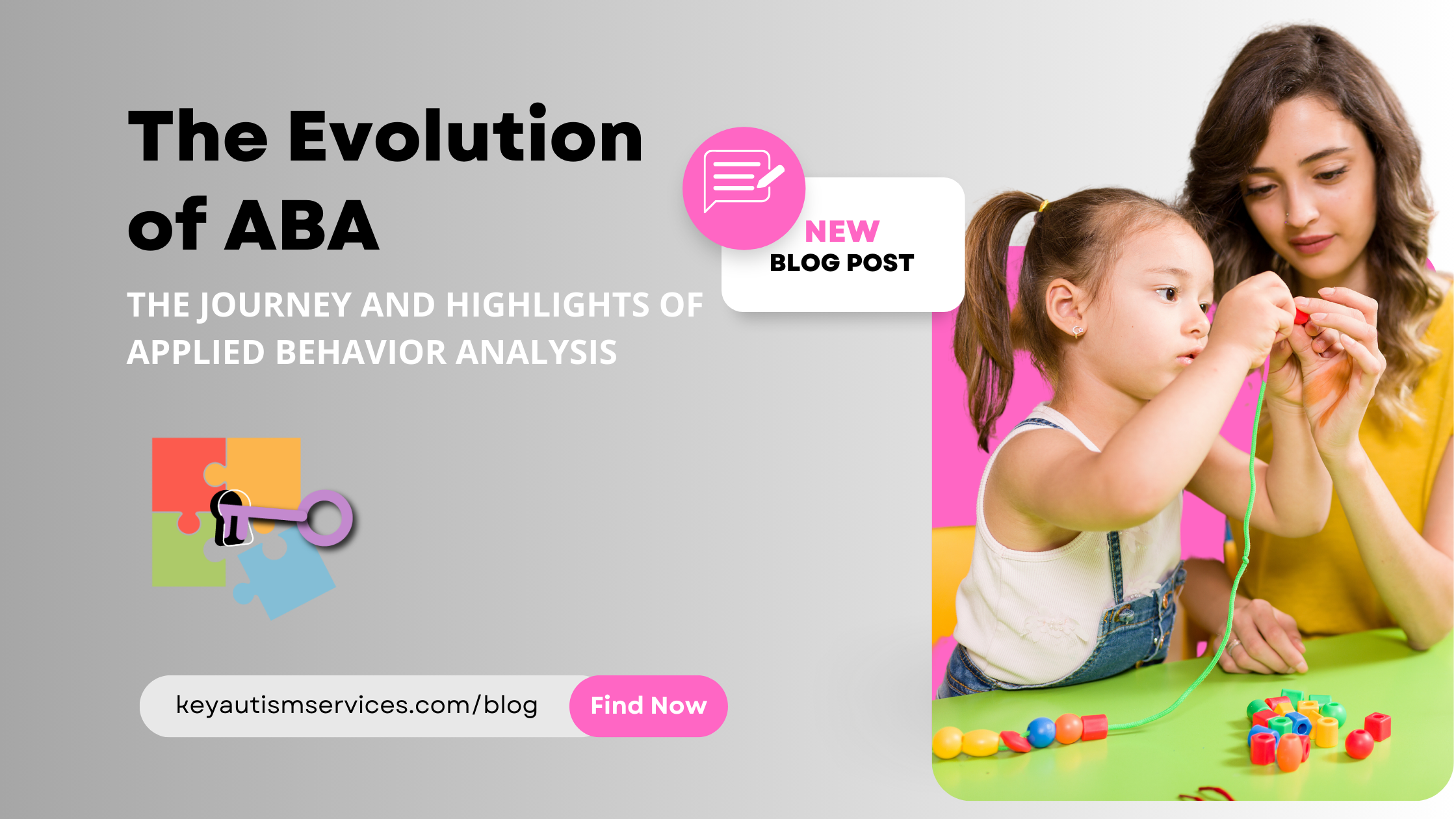In ABA therapy, parents are often encouraged to actively participate in their child’s treatment. This involvement can include attending therapy sessions, learning and implementing behavior management strategies, and collaborating with the therapist to set goals and track progress. By actively participating, parents can better understand their child’s needs, learn effective techniques to support their child’s development, and promote consistency across different environments. In this month’s blog, we talked to a mother with a son who went through ABA therapy to gain insights into their ABA experience and involvement.
Can you briefly describe your experience with ABA involvement in your child’s development?
After my son was diagnosed with autism spectrum disorder at 3 and a half, we started researching how to best support his development and ABA was a common theme in our research. When he was diagnosed, ABA was not yet covered by insurance therefore it was not one of the recommended therapies by the doctors who diagnosed him, so we sought it out independently. Both my husband and I participated in parent training and learned as much as possible since it was very costly. We saw reductions in tantrums, physical aggression, and elopement as well as an increase in his language development.
What were your expectations or goals when starting ABA therapy for your child?
We did not know what to expect but were seeking help with tantrums, physical aggression, and running away since they were happening so often and were dangerous. Our son’s physical aggression towards others resulted in broken bones, stitches, bruising, etc. His elopement was so bad that we had to have the house alarmed, he wore a device that tracked him, and he had to sleep in our bedroom. The tantrums resulted in neighbors calling both the police and child services. So, our first goal was to teach him how to be safe. Our second big goal was for him to be able to be happy. He was always crying, hiding from other people, and hitting anyone who tried to go near him. We wanted him to have friends, have fun, and enjoy life, however, that looked for him. Honestly, we did not know what the future would hold, but we did not want him to be so miserable.
Can you share any specific outcomes or improvements you have observed in your child’s behavior or development as a result of ABA?
By the time our son was ten, he was mainstreamed back into a general education classroom with minimal support, he was able to join a theater group and dance classes, he had friends, and was so much happier. Flash forward 9 more years and he drives, has a job, and lives away from home attending college.
How would you describe the overall impact of ABA on your child’s daily life and functioning?
ABA significantly impacted his life by teaching him how to appropriately get his wants and needs met, how to interact with others, and what to do when he is feeling overwhelmed or frustrated.
What challenges or obstacles did you encounter during the ABA process, and how did you address them?
In the beginning, ABA was challenging for the entire family. We had to learn how to parent differently but, by changing how we responded to him we were able to teach him how to respond better. It was hard in the short term, meaning it was hard for us to watch him struggle (and tantrum) without giving in, but the long-term results were so worth it. Another big obstacle was navigating the judgment of others. Both strangers and family would often make comments about how we were parenting, provide unsolicited advice, and even make hurtful comments. We learned how to educate our family and once they started to see progress, they understood better. I did not bother with strangers’ comments and learned to smile and walk away knowing I was making the best choice for my son and our family.
How did you collaborate with ABA professionals to ensure consistency and effectiveness in implementing strategies at home?
We asked so many questions. When things happened at home, and we did not know how to manage the situation we would write it down and ask during the next therapy session. We watched what the therapists were doing and joined in therapy as well. It was a team effort, so much so that my other two adult children now work as ABA therapists.
Looking back, is there anything you would have done differently or any advice you would give to other parents considering ABA for their child?
I would advise other parents considering ABA to understand that the short term is hard, but the results can be amazing. I am not saying everything is perfect, but it is perfect for us. My son still struggles in some social situations, he struggles with new things, and he struggles with changes in routine, but he can appropriately work through them. He does not scream, cry, hit, or run away. Instead, he can talk to us and seek solutions. We are also more in tune with what may be a problem and address it ahead of time with him. If we are going to a new restaurant, we send him the menu to look at before we go. If plans change, we talk through the why and the new expectations. If he makes a mistake or feels disappointed, we can talk through how although it was not the outcome he wanted, what he learned and how it made him better for going through that experience. These are all techniques we learned in ABA and still practice daily.
In summary, parental involvement in ABA therapy can also extend beyond the therapy sessions. Parents can incorporate ABA principles and strategies into daily routines, such as using visual schedules, providing clear instructions, and using positive reinforcement to encourage desired behaviors. This consistency and reinforcement at home can enhance the effectiveness of ABA therapy and promote the generalization of skills.
It is important to note that the level of parental involvement may vary depending on the specific needs and goals of the child, as well as the recommendations of the Board Certified Behavior Analyst. Consulting with a qualified ABA professional can provide personalized guidance and support for parents seeking to be actively involved in their child’s ABA therapy. At Key Autism Services, we strive to ensure every single client receives parent training monthly with a goal of 2 hours per month. At Key, we believe parent involvement in an ABA program is critical for the client’s progress, generalization of skills, and long-term success of their personalized program. If you are interested in learning more about parent training and the level of parent involvement in an ABA program, please feel free to reach out to a KEY team member by clicking HERE.

